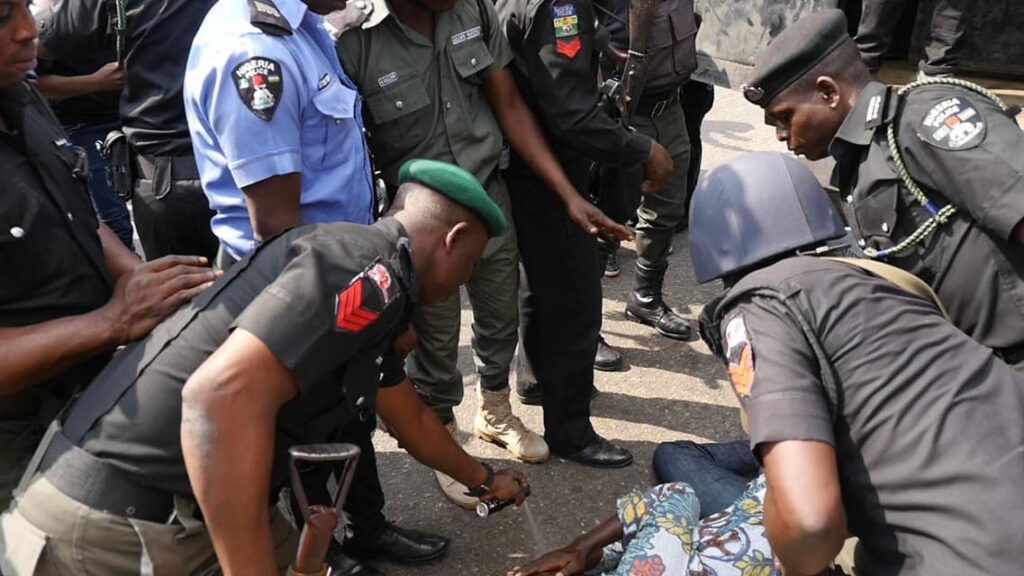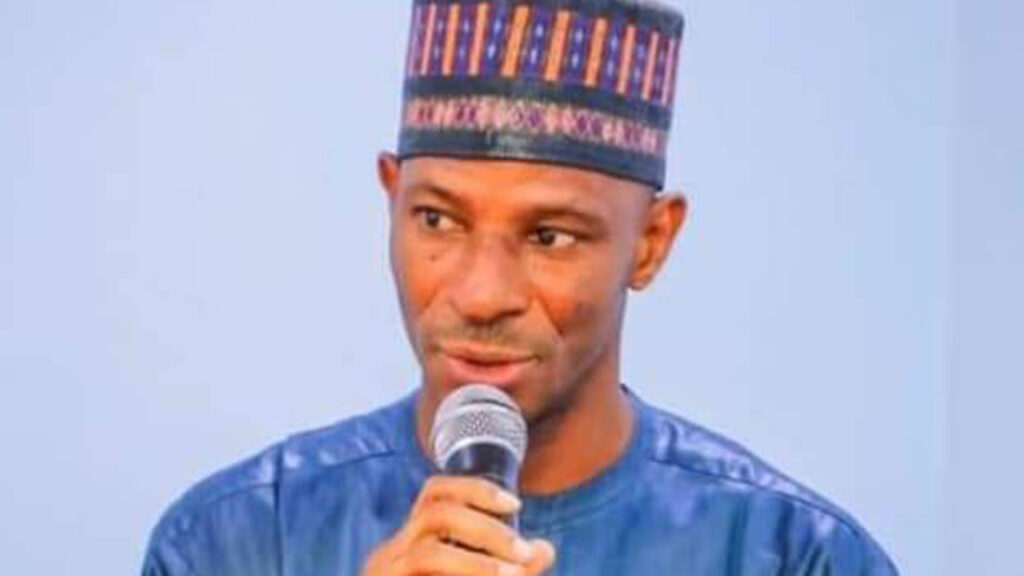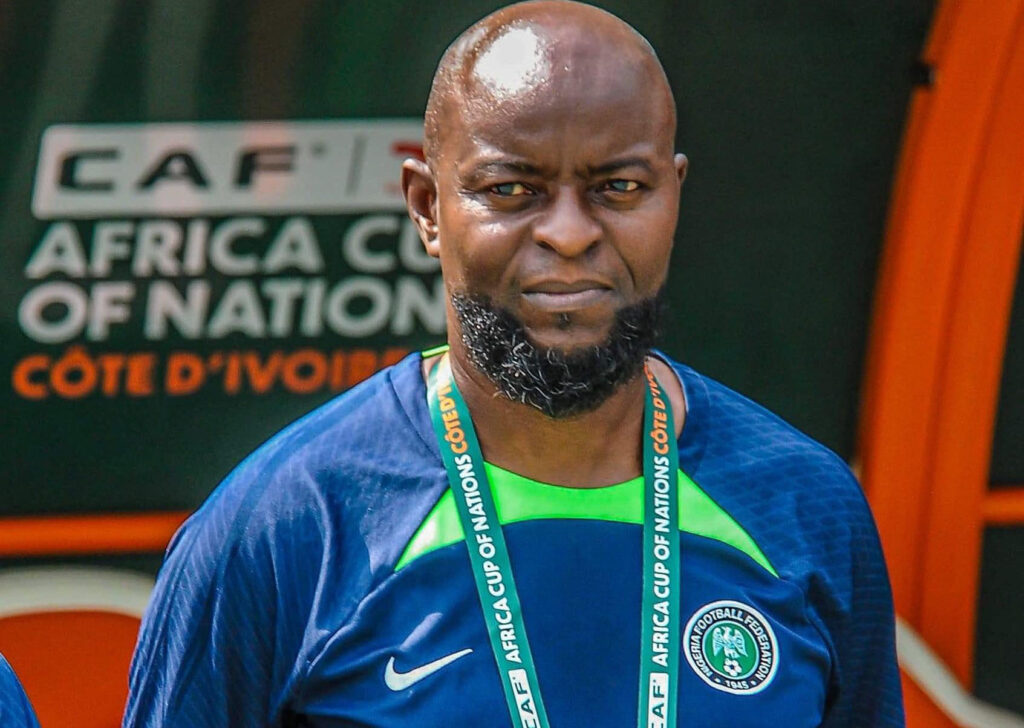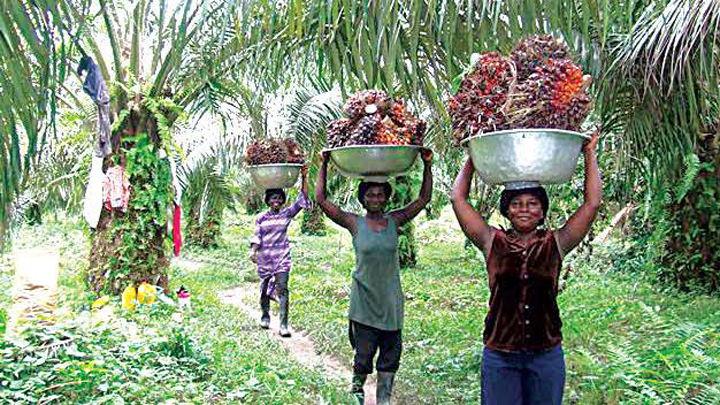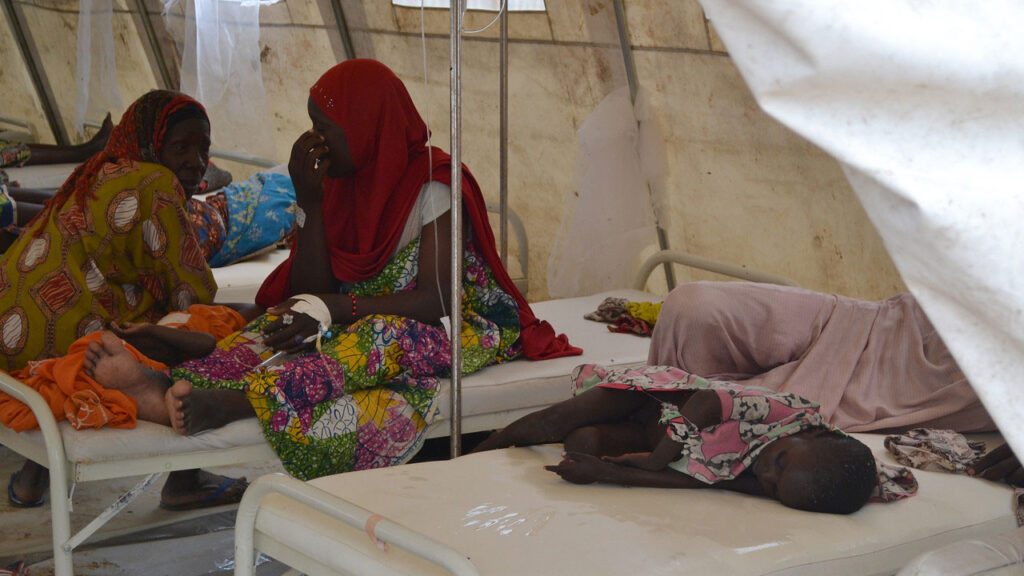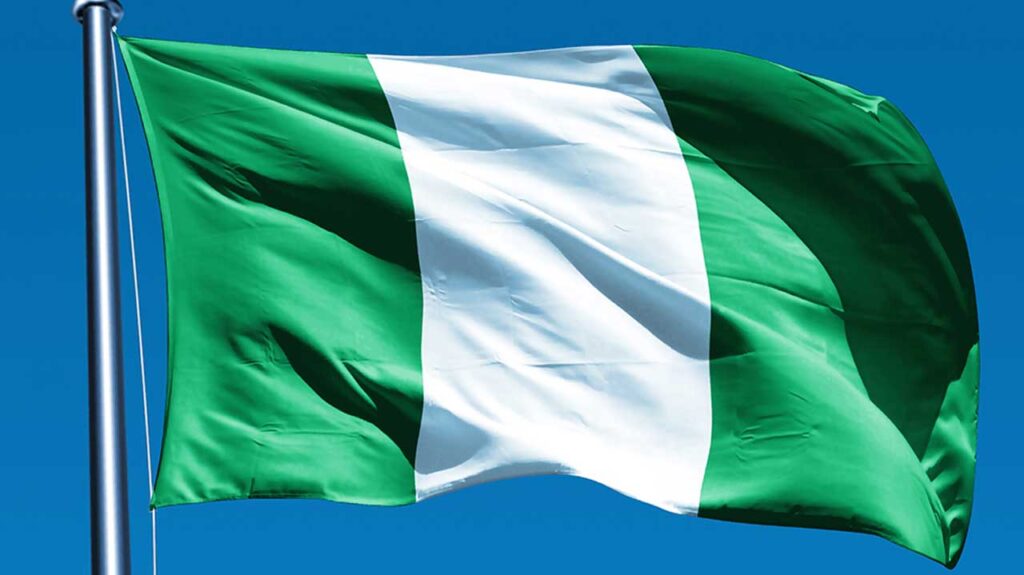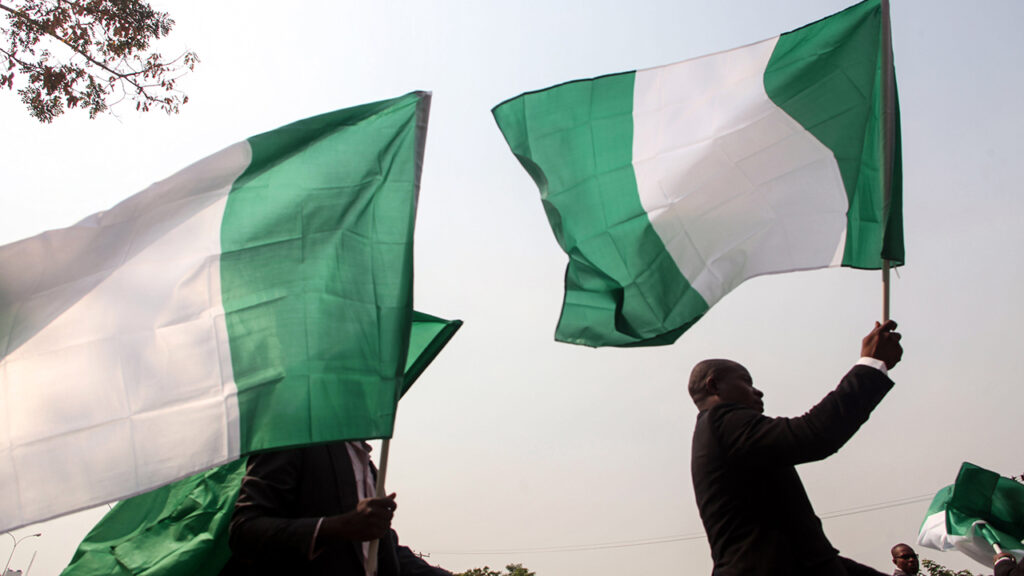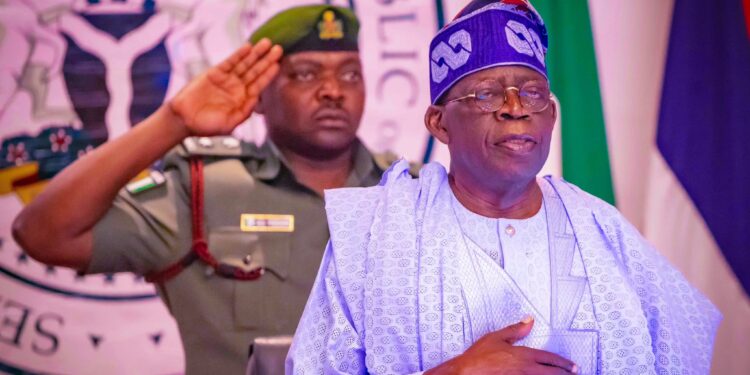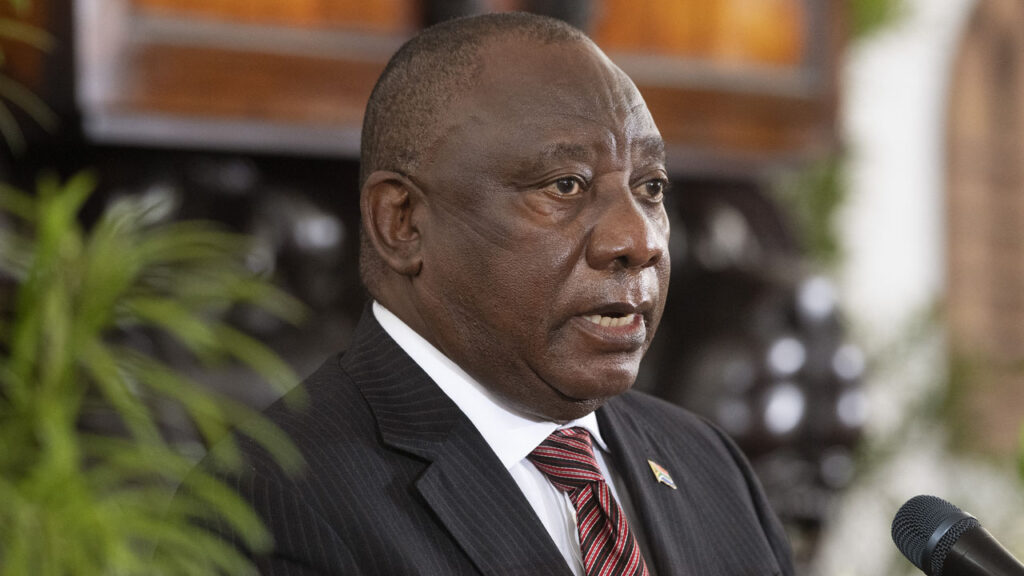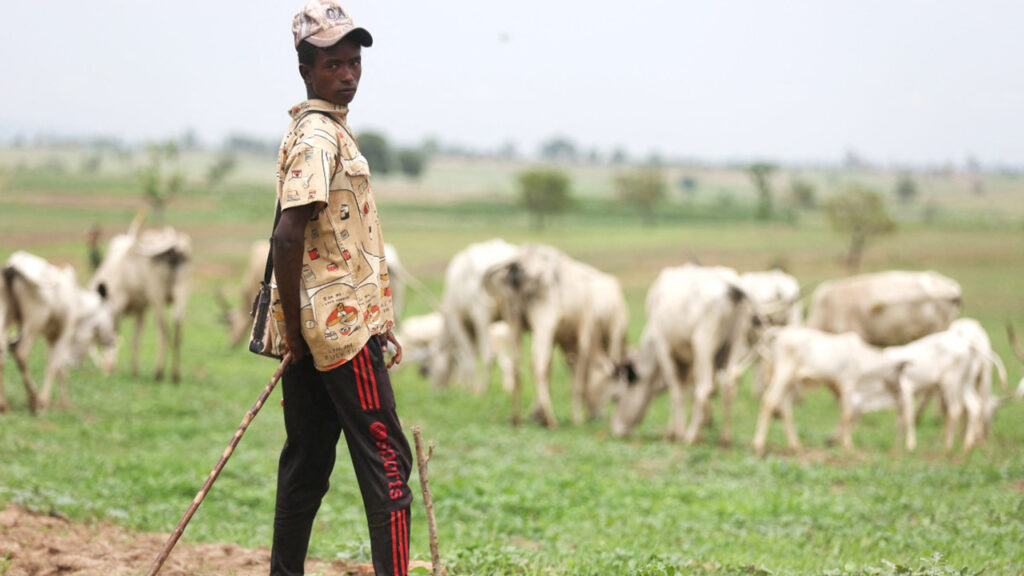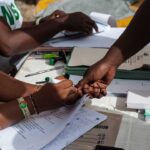
In addition to these familiar reasons for election violence, in this present situation, events in the last few years have generated a political consciousness that has never before been witnessed in the country. The familiar inept leadership associated with successive administrations, the utter disregard for the rule of law and democratic principles have taken a turn for the worse, resulting in disenchantment of the youths as well as the present socio-economic condition caused by the infamous Naira redesign and cash swap crisis. For the first time, a third force is coming into the scene to smother the dominance of a two-party presidential election, amidst a groundswell of potential unrest.
If Nigeria is to redeem its battered image and place itself on the path of rediscovery and progress, every authority – the government and its agencies, the Independent Electoral Commission (INEC) – politicians and their agents, as well as the electorate should endeavour to play their parts diligently and without malice in order to deliver a credible, free and fair election.
Despite the frenetic state of the electorate and the obvious threat of violence, the INEC chairman, Prof. Mahmoud Yakubu, has never ceased to assure Nigerians of state protection against any miscarriage of justice and display of impunity by any operative. He has also stated that election offenders would be prosecuted under the Electoral Act. According to Section 128 of the Act: “Any person who at an election acts or incites others to act in a disorderly manner commits an offence and is liable on conviction to a maximum fine of N500,000 or imprisonment for a term of 12 months or both.” Section 129 subsection (4) of the Act prescribes a maximum of two years imprisonment for offenders. “Any person who snatches or destroys any election material commits an offence and is liable on conviction to 24 months imprisonment.”
Nonetheless, INEC should not be seen as the only watchdog when it comes to election violence. Every suspected case of violence in the conduct of an election should be taken seriously not only by INEC and the police, but also by political parties and the totality of Nigerians. As it is, Nigeria is very much embroiled in violence for its own survival, and so any additional spate of violence is disastrous and inimical to the stability of the country.
It is for this reason that we admonish politicians not to incense the polity by disseminating hate speeches and unnecessarily polarising the electorate along primordial and clannish divides. People should not allow themselves to be used for thuggery or political brigandage. When the elections are over, the electorate still remains one people that must be developed wholesomely, and the contestant ceases to become a partisan administrator.
This election is going to test not only the competence of security and law enforcement agencies but also their neutrality. Indeed, the police, whose primary duty is to serve the civil government by ensuring law and order, are overwhelmed. Their operational shortcoming has necessitated the deployment of personnel of the Nigerian Army to beef up security. However, the observed presence of soldiers in potentially volatile parts of the country should not be turned into a war. Since the rules of engagement and the code of conduct of the military have not assigned any political role to military personnel, the deployment of soldiers should understandably begin and end with the provision of peaceful and secured environment for the conduct of the general elections.
Besides, no one needs be told that whereas law enforcement agents work with the government of the day, their loyalty is to the citizens of the country. Law enforcement agencies of the Federal Republic of Nigeria are neither the private militia of the ruling elite and their associates, nor some mechanism to unnecessarily heat up the polity. They should maintain law and order for the promotion of peace.
In times like this, mischief makers are often hired by disgruntled politicians to foment trouble. When their capacity for violence drains, these hirelings resort to misinformation and disinformation. One of such bandied misinformation is the rumour about an intending Interim Government. Although there seems to be no truth in the rumour, the president must dispel any attempt to contemplate such proposal. The relevant agency at the Presidency needs to assure Nigerians during the elections and after that no such provision exists in this dispensation.
While Nigeria needs not demonstrate its civility in other to impress any other nation, leaders and aspiring political leaders should be mindful of the fact that Nigeria is a signatory to global and regional treaties and charters on human rights and freedoms. If indeed this country truly committed to these instruments of political freedoms, this election is an opportunity to demonstrate that commitment. Besides, the whole world is watching how Nigeria, a self-acclaimed African power, most populous black country and the largest African democracy, takes hold of its destiny. Nigerians cannot afford to let themselves down or disappoint countries that look up to it for socio-cultural stability. In any event to the contrary, we, the people of Nigeria, will be the losers.
As crucial as this election is to redirect the course of Nigeria towards peace, progress and nation-building and thereby usher in a brighter future for the country, The Guardian reiterates its magisterial counsel that elections should never be regarded as a do-or-die affair, or a winner-takes-all matter.
This country has already lost too many innocent souls on account of needless political violence. The harvest of deaths over political matters is barbaric and bestial. And as a country, Nigeria and Nigerians owe the victims and their bereaved relatives some restitution – a restitution whose symbolic demonstration is to ensure that the elections, namely, the Presidential and National Assembly and the Governorship and State House of Assembly, become a reality, freely, fairly and credibly conducted.

